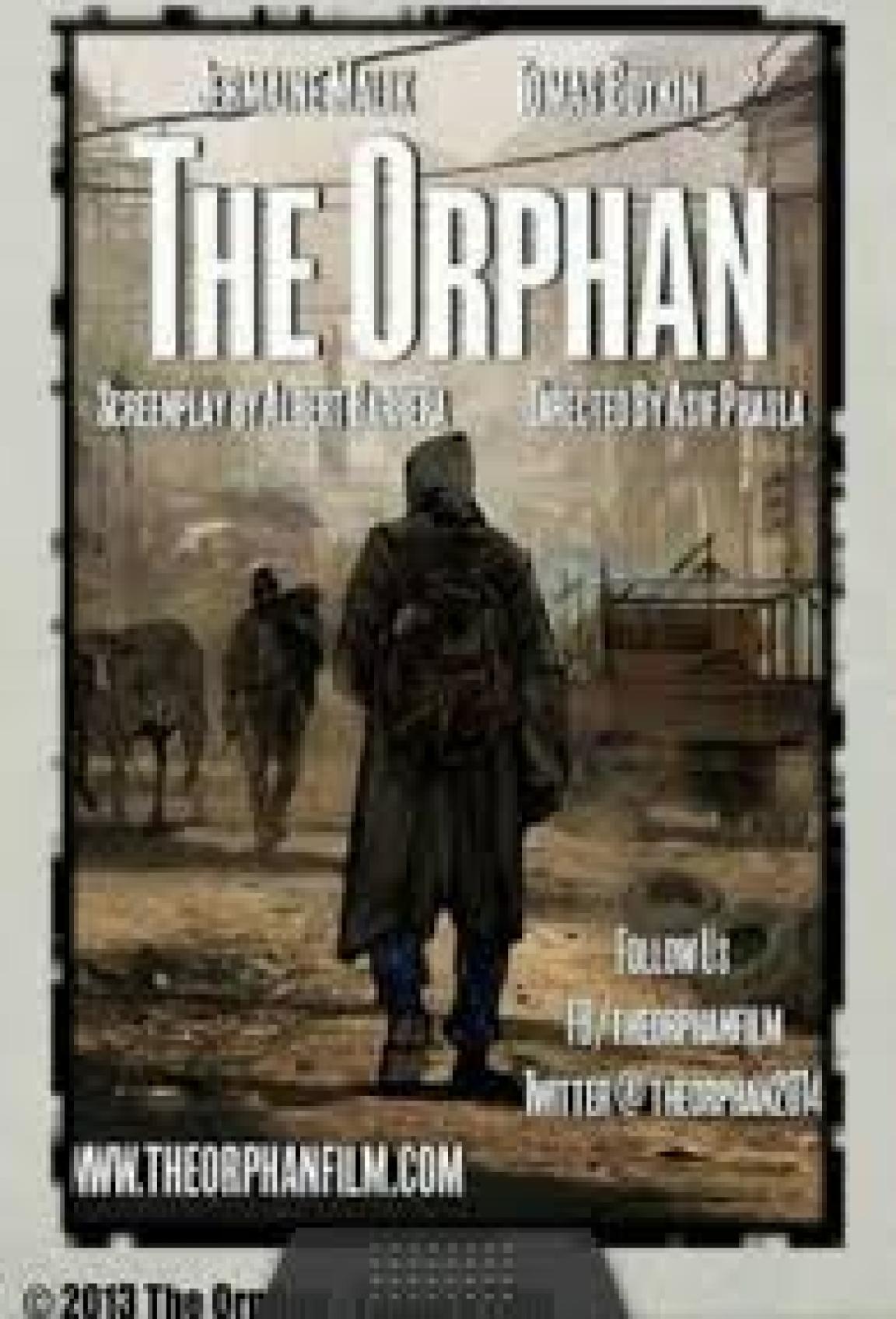Synopsis/Details
It is said that any man whom is the seventh son possesses unique qualities and even special powers that allow him to overcome extraordinary circumstances and accomplish great things in life. And any man whom is the seventh son of a seventh son is greater still. This is the extraordinary, real life story of African-American WWII veteran, Lt. Colonel Rufus W. Johnson. As a child Rufus Johnson was denied the Boy Scout’s highest honor, the Eagle Badge, because he was black and wasn’t allowed to compete in the swimming portion of the test.
Rufus went on to serve as President Franklin Roosevelt’s lifeguard at the White House where he helped President Roosevelt into and out of the pool while attending law school at Howard University. A few years later, Rufus gave ten black Army captains combat swimming lessons before going overseas to Italy during WWII as part of the all-black, 92nd Infantry Division known as the Buffalo Soldiers.
A run-in with his racist division commander, General Edward Almond, cost him the Silver Star and was awarded the Bronze Star instead. This after Rufus, captain of “I” company, 371st Regiment, risked his life to save another during a raid on Georgia Hill in which his entire unit was killed except for him and the soldier he carried on his shoulders down the hill.
Five years after WWII ended, Rufus was back on foreign land, this time in Korea during the Korean Conflict as part of the Judge Advocate Section. Afterward, he opened his own law office and in 1964, represented the Native American Church before the California Supreme Court where he won the Native American’s their right to use peyote during their religious rituals. Every year since then, on his birthday, the Native Americans honored him with a Powwow celebration.
Rufus passed away May 1st, 2007. He was 97. At his deathbed, a day before his passing, a Scout Leader and dozens of Boy Scouts from Troop 1 were on hand to award the aging hero the Scout’s highest honor, the Eagle Badge.
Story & Logistics
Story Type:
Hero's Journey
Cast Size:
Many
Locations:
Many
Advanced
Time Period:
Post-war era (1946–1962), World War II (1939–1945)

